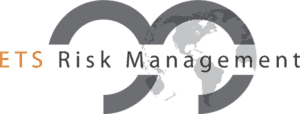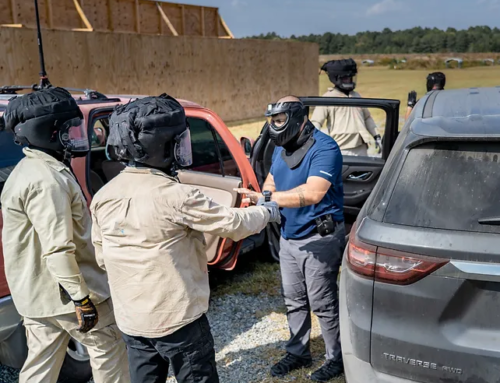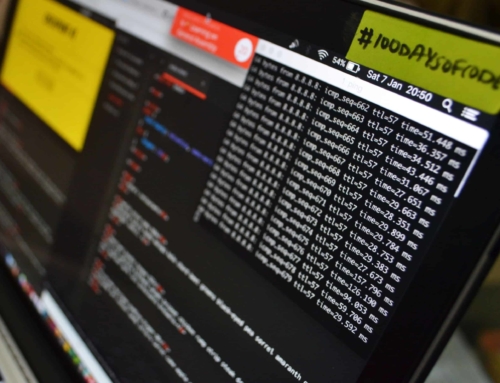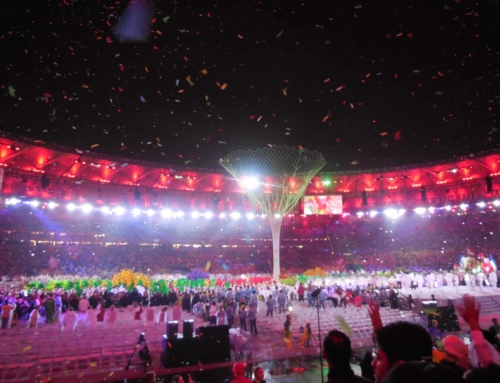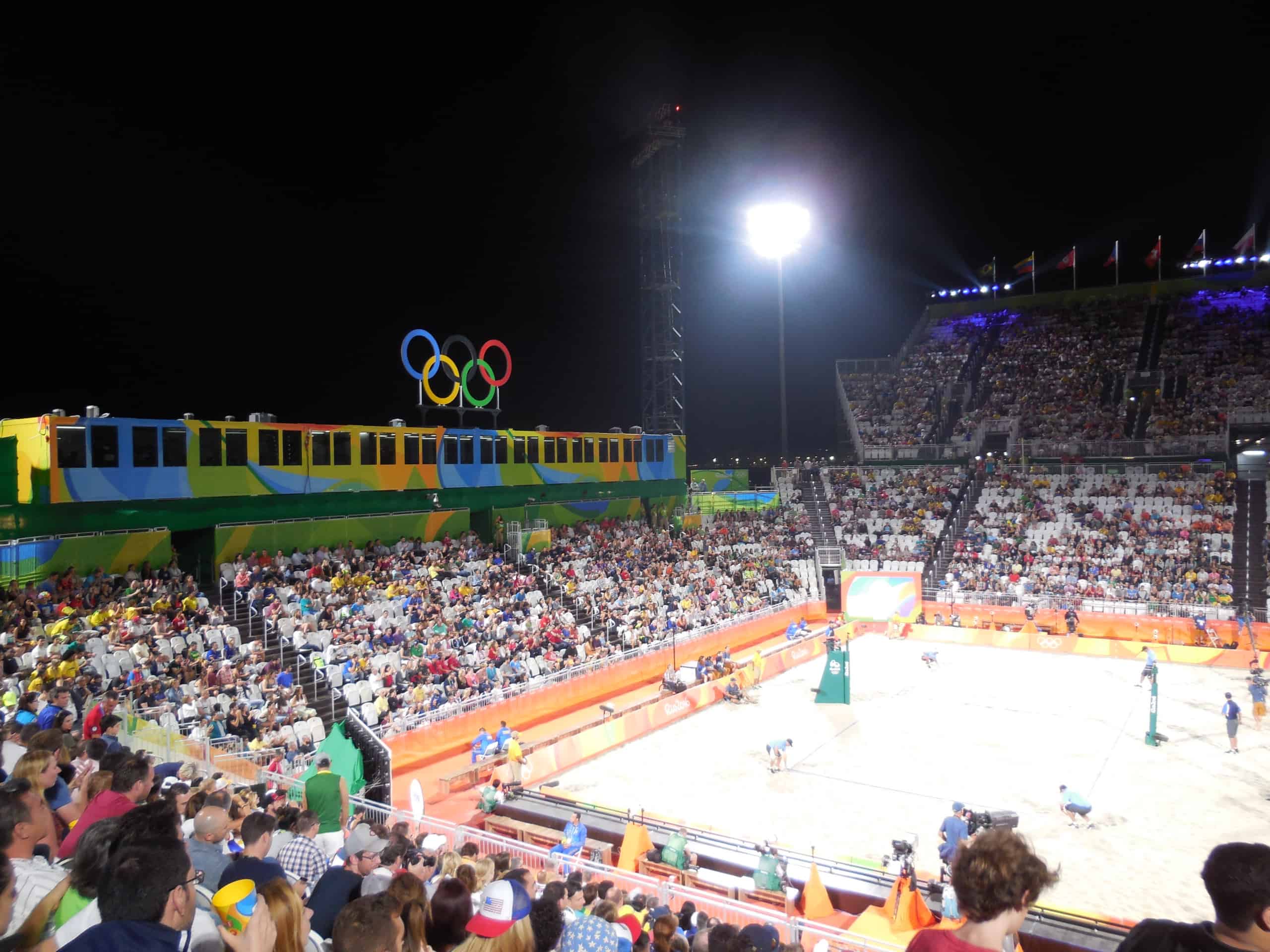
POST COVID-19
SPECIAL EVENT SECURITY

Security Considerations for Event Organizers

In the near future corporate hospitality, events, and seminars will start again (post COVID-19 restrictions) and there will be many questions in reference to security, access control, and safety. Event managers will look to security for assistance and guidance, working toward the provision of a safe event in the aftermath of the pandemic.
This article purposefully avoids any contemplation of when events will start again, instead, it identifies what can be done by event planners and organizers to reduce the risk of COVID-19 infection during a group gathering among all personnel, be they guests, staff, or third-party.

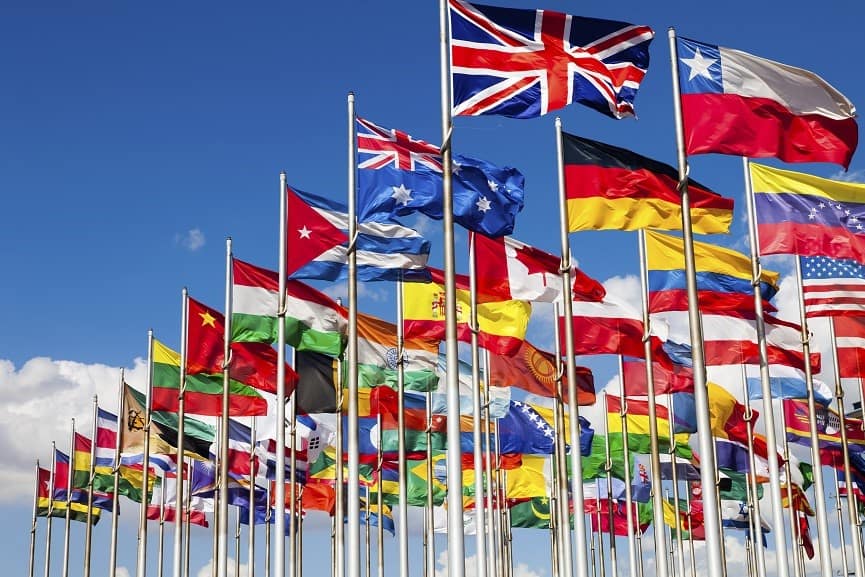
Study and Listen
One of the fundamentals to risk management is to know what you are talking about. Have a solid understanding of the risk, the variables, the details, and all of the vulnerabilities as well as mitigation measures. With information on risk comes the ability to manage and mitigate it. Intelligence-led security is paramount. To enable an organization to move forward and progress during and indeed after the pandemic, they will require knowledgeable security project managers to guide the corporate function through numerous potential scenarios and align risk management protocol and measures to any event. Project Managers will need to be the practitioners transforming continuously evolving policy in to practice, with their own understanding of risk.
One Size Does Not Fit All
A common mistake among special event organizers is the assumption that security measures cross-deck between events, venues, locations, regions, cultures, and risk. This thought process will seriously hamper the process of event planning. The same simple theory and strategy should be employed for dealing with the current COVID-19 risk.
For example:
The security and safety design for a large multi-component event with an exhibition floor and keynote speaker session will be different to that of a corporate hospitality travel package to a sports event.
Aligned From The Start
Every event should have a risk management professional embedded from the initial planning phase and venue advance, until the last guest or visitor has left the event. This person should be closely aligned with all event stakeholders. Security plans developed in isolation or added as an afterthought often lack cohesiveness, and likely would inhibit rather than enhance the success of the event.
As with any event, the security team should demonstrate a collaborative approach,assisting and advising all stakeholders, ensuring that security awareness becomes an enduring thread throughout every phase of the event, up to and including delivery. Take the core event security components(which should be applied at all times) and now integrate Covid-19 risk reduction measures.
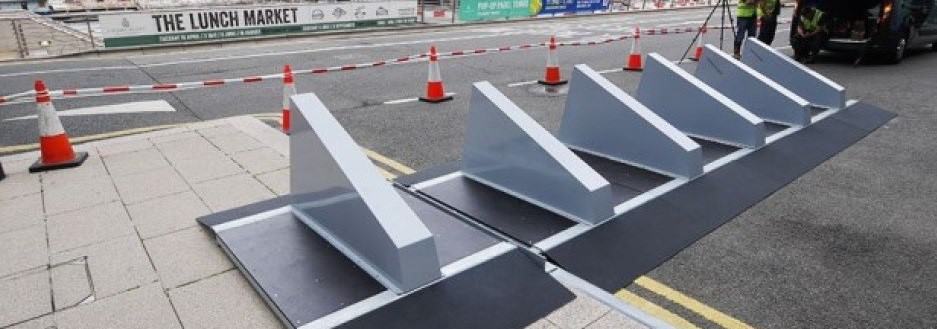
For example:
How will screening and health protection infrastructure affect the security setting? Long Queues outside while foreheads are scanned mixed with protestors intimidating delegates as they try to enter?
Core Event Security Components
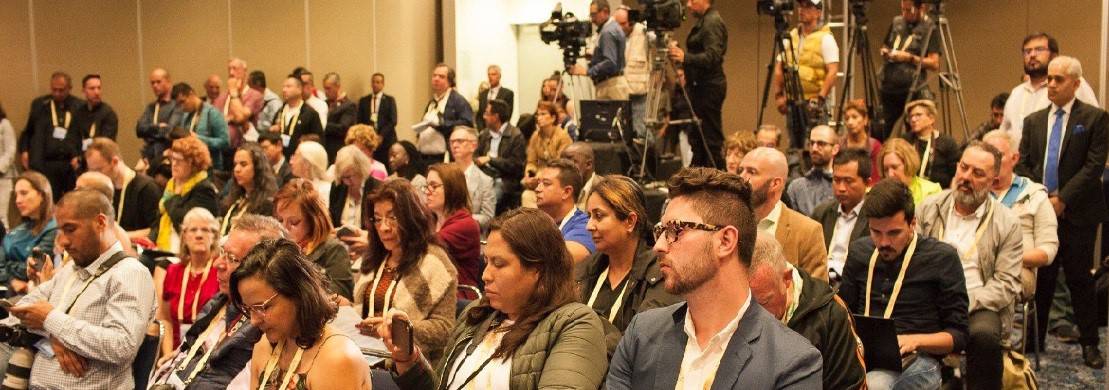
- Advance preparation and planning
- Communication (internal and external)
- Security layers
- Security Screening
- Incident Management
- Crisis Management
Not Just Physical Security
Special event security is about enabling operations to succeed and yet remaining flexible with the ability to adapt or pivot will little notice. Any security company within the special event industry that doesn’t stay flexible, and refuses to blend into hospitality and safety roles, will find it difficult to operate successfully
Leverage Technology
Security screening has evolved immensely over the last few years and is no longer just magnetometer wands and bag checks. Post-COVID-19 event and security managers must leverage technology to reduce the contact-points between security and guests, and work towards eliminating unnecessary
choke points.
There are currently two industry leader’s in this field Evolv and Metrasens. Both are passive screening that minimize interaction. Any secondary screening can be carried out away from the main traffic flow.
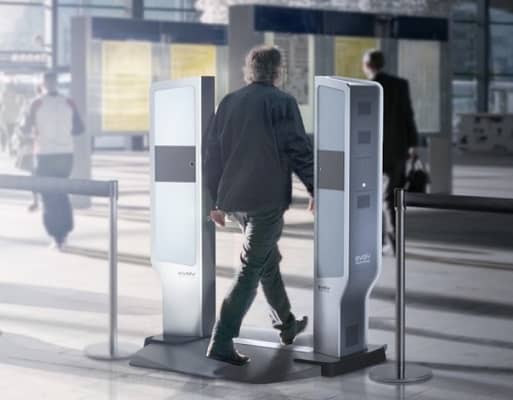
Screening – Factors for Success
- Reduced waiting times
- Less lineage and queuing
- Distanced queuing
- Passive scanning
- Minimal physical interaction with people or belongings
Don’t Just Play the Game
Anyone can write Standard Operating Procedures (SOPs), and more often than not, people will just cut and paste some ‘Industry-best’ SOPs with little thought into whether they are relevant, or how to implement them or enforce them. Implementing, communicating, rehearsing, and enforcing SOPs will be the differentiator between a successful, safe event versus one which just “goes through the motions”.
Security’s Strength
The ability to implement SOPs and support operations is a key strength to any reputable security organization. The team’s experience often stems from military, Police, and Government, where details matter, where roles and responsibilities, checks, balances, and management of people in order to get results is ingrained. Designing and implementing effective SOPs requires experienced project managers assessments, communication, a system of checks and balances, incident reporting, and on-the-ground managers ensuring that all these components are carried out correctly and in a timely manner.
Any experienced event organizer knows the importance of having people on-the-ground, managing small teams with clearly defined parameters and objectives.
Having an enhanced and robust cleaning and disinfection plan is, in the current environment extremely important, but, is it being implemented? How many times at an event have you asked for something at a certain time, with clear instructions only to see it done half-hearted, incorrectly, or not at all.
A security manager blends into this role perfectly, able to get the most out of a team and meet clearly defined objectives, communicate to all stakeholders and ensure results.

Escalation and de-Escalation
Management and application of rules and regulations in regards to PPE will be required. Whether it is a reminder for someone to affix a face mask, or to wash hands, or interdiction when there is non-conformity. However, when there is enforcement there is the risk of incident escalation. The media has shown recently incidents of poorly managed security and police involvement of enforcement relating to PPE.
As with every personal encounter in the security industry,an interaction has the ability to escalate negatively if handled incorrectly. The sensitivities, fears, and other associated emotions with COVID-19 make it very likely to deteriorate rapidly, if poorly triaged.
Threats Are Not Just Physical
The risk of reputational damage, as well as litigation looms overhead constantly during events. Security is an asset that can facilitate and assist. This may involve incident reporting to evidential standard, the safety and security of data (including Cyber) as well as access control security.
Don’t Get Target Focus
Yes, COVID-19 is scary and without a doubt, a risk, and one which must be managed. It is important to avoid getting distracted or focusing on COVID-19 to the detriment of other threats that may be relevant, and higher risk.
Egress and Emergency
At the end of any event, a sound departure strategy should be considered. Threat to life and imminent danger takes priority over the threat of infection, but has the event team considered issues such as a power outage, an unscheduled fire alarm or even a weather-related issue? A robust evacuation and egress plan should always be considered.
Any evacuation plan needs to be carefully considered by all the event stakeholders, with the security function taking primacy during the planning phase. All parties should be aware of the plan and have a clear understanding of their role during this process.
In recent years, a large number of event planners, corporates, and sports marketing companies have realized the benefit of embedding an experienced risk management expert into their ranks during the planning phase of an event and maintaining them through implementation until the event is concluded. They act as advisor, manager, force multiplier as well as being an enabling function throughout the whole process.
Long gone are the days of static security officers being the be-all and end-all of event security, working in a reactive low-level function and hoping for the best. The multi-facet role of special event security working closely with all stakeholders and functions is the bedrock of a safe and secure event.
Post-COVID-19 this role and specialism, forged through experience in all realms of security, whether crisis management, access control, counter-terrorism, or static security will become a more prevalent and valuable tool of the event planner.


This article was written by Mark Deane, CEO of ETS Risk Management. Mark and his team focus on enabling operations through careful navigation and mitigation of risk. ETS provides special event security services globally to a range of clients including multiple Fortune 10, 100, and 500 clients, and renowned foundations.
